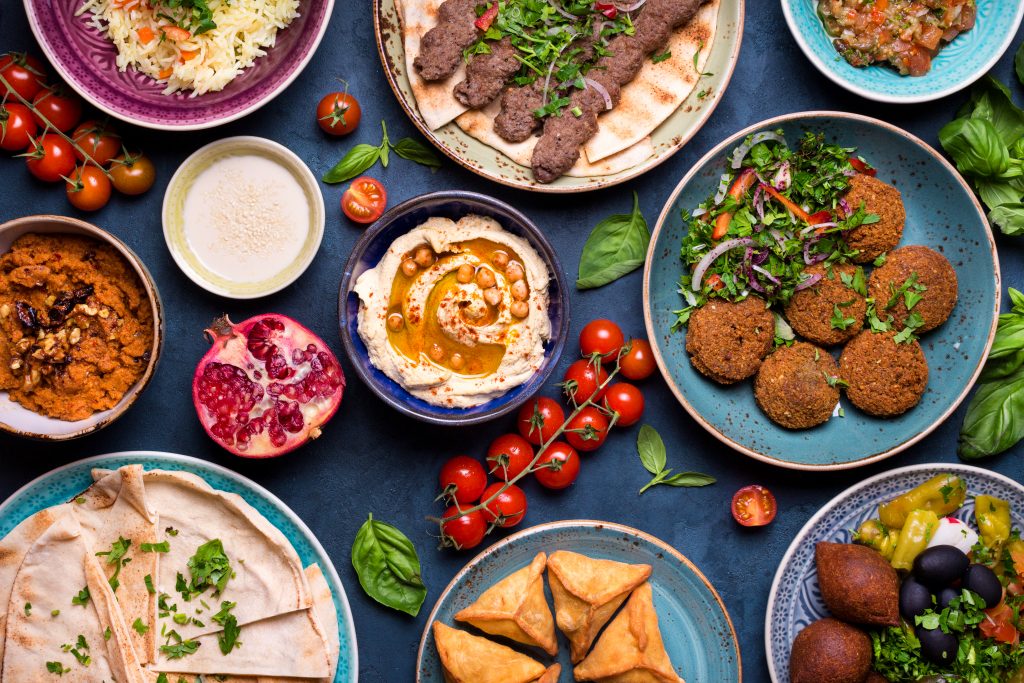According to 2019/20 State of the Global Islamic Economy Report, created by DinarStandard, it was revealed that Muslims spent $1.37 trillion dollars around the world in 2018 alone on halal food, with a growth projection of 6.3% or $1.97 trillion dollars by 2024. This just shows how much in demand Halal food truly is, especially in the Middle East, with a Muslim-majority population.

In fact, as per Farrelly and Mitchell, F&B Consultants, the GCC imports over $50 billion worth of halal products, with UAE importing $20 billion of the share.
Having halal products in your range is vital to expand in the Middle East
We spoke to Monique Naval, Senior Analyst, Euromonitor International, the world’s leading independent provider of strategic market research, for insights on the Halal Food Market.
She commented, “According to Euromonitor Voice of the Consumer: Health and Wellness Survey 2021, the top reasons for taking halal diet in the UAE are: religious or faith, 55%; makes me feel healthier, 42%; and recommendation from family and friends, 36%.”
Meanwhile, in an article written for Forbes, Bill Chemero, Chief Development Officer (CDO) of Wayback Burgers, a fast-growing burger franchise, shared, “If you’re hoping to expand into the Middle East and you don’t provide halal products, you’re probably not really serious about expanding into the Middle East. If you want to be successful—your company needs to be aware of halal requirements.”
The credibility of halal certification is very important
Naval also touched upon certification, “In the absence of a global standard for halal certification, it is imperative that brands identify a credible regulatory authority and label type. This is necessary to assure both consumers and business partners that the brand validates their religious commitments.”
Savoury snacks, baked goods and confectionery are underserved and growing halal-certified categories
“The proportion of religious labelled food and drinks globally within categories can also help brands size potential future demand. In categories where halal penetration is currently low, such as snacks and baked goods, there is significant opportunity for expansion,” Naval commented. Furthermore, there is a large opportunity for the snacks market in general in the GCC.
“When we look at the global snacks market, it is 380 billion dollars, out of which 7 billion dollars is in the Middle East,” said Ananya Narayan, managing director of Hunter Foods, Middle East & Asia’s leading snacks and food manufacturer, packer, and distributor, “If I had to break up the Middle Eastern market, Saudi Arabia comprises 50% of the market, followed by the UAE and then the rest of the GCC.”
Technology will play a large role to improve transparency, and tourism and travel trends
Naval also brought another point on using technology and blockchain to strengthen the halal market, “Attitudes towards halal-certified food and drinks are set to change, as consumer choices are increasingly shaped by principles and moral discretion. Hence, transparency is moving to the forefront, and technology such as blockchain is increasingly adopted to strengthen key distribution channels such as internet retailing. Tourism will also boost novel brands, that may benefit from obtaining halal certification.”
